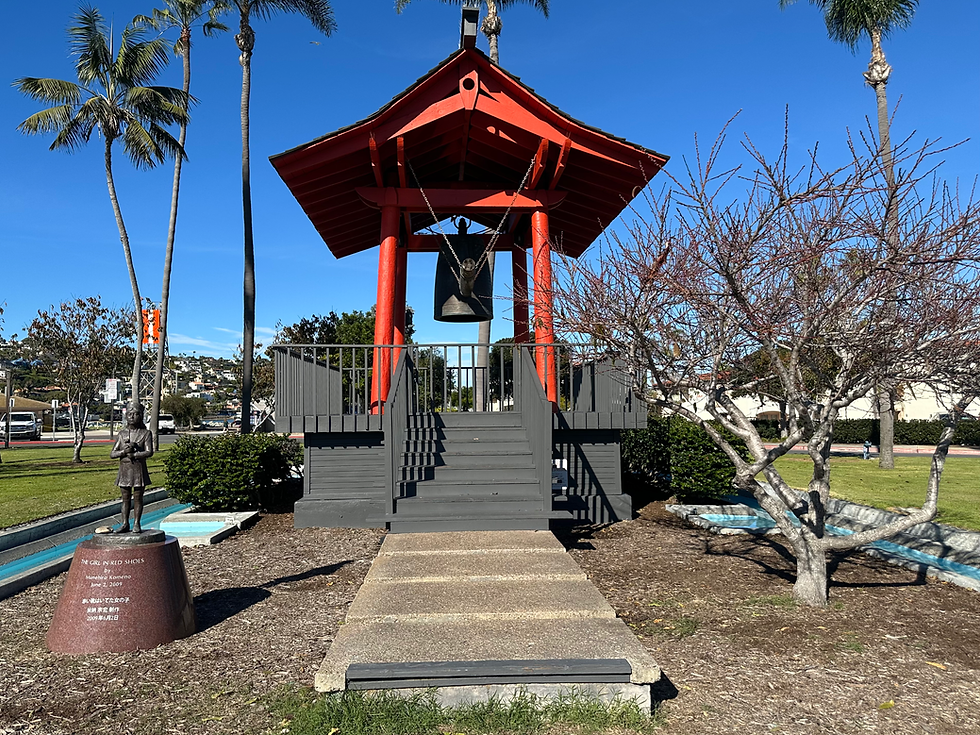On This Day, April 25th: Gallipoli Landings
- Tony Boccia
- Apr 26, 2025
- 2 min read
On this day, April 25th 1915, a joint force of British, Commonwealth, and French troops landed on the Gallipoli Peninsula in Ottoman Turkey. Among the Commonwealth troops was a group known as the Australian and New Zealand Army Corps, or Anzacs, assigned to their first-ever combat role. Plagued by miscommunication, poor seamanship, and a misunderstanding of the enemy's strength, the Allies were subjected to withering fire from nearly the first minute of the landings, and the battle itself has become a byword among historians for a textbook example of colossal failure, not to mention tragic hubris.
The Gallipoli campaign lasted nearly a year, cost more than 100,000 Allied and Ottoman lives and 450,000 wounded. Several key events and people were involved in this, that would go on to shape the remainder of the Great War and world history. The defeat led to the decline of the Asquith government in Great Britain, and the rise of Lloyd George, who would go on to lead Britain through the rest of the war and into the Paris Peace Conference. Winston Churchill, the man who drafted the campaign and was its principal executor, resigned his cabinet position upon its failure and went to France to command an infantry battalion on the Western Front. Mustafa Kemal, a Colonel in the Ottoman Army, became an overnight legend for refusing to retreat in the face of the Allies, no matter the cost in men or materiel. in 1919, Kemal took control of what was left of the Ottoman Empire in Anatolia and forced the Allies back to its pre-war borders. Today he's known as Ataturk, the father of modern Turkey. Finally, the intended outcome of the campaign, the capture of Constantinople and the collapse of the Ottoman Empire, was not realized, and only helped to continue the war for a further three years.
Not all was lost, however, on the shores of the Dardanelles. The Gallipoli campaign forged in fire and blood the national mythos of the Australian and New Zealand soldier. These men of the Anzac units lost more than 11,000 soldiers in their first taste of battle in the Great War; those that returned laid the foundation of the society that we now recognize as distinctly Aussie, or Kiwi. The world is better for having known these men, and should never forget their sacrifice.
April 25th has since come to be recognized as Anzac Day. While the Gallipoli campaign did not take place in the Pacific Theater of the First World War and is somewhat outside the scope of this website's focus, there are a great many Anzac Memorials to be found in Australia and New Zealand; in time we'll add them to the website as those pages come online. For now, let it suffice to say that to my friends in Australia and New Zealand, and to you ex-pats around the world, today you're in our thoughts. Lest we forget.





Comments